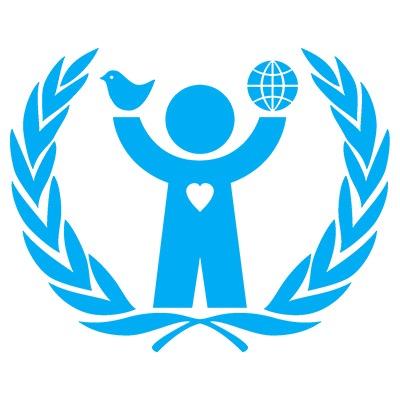Peace Child Thought Leadership
From the beginning, Peace Child has been in the business of developing new ideas. In its first performance in London, it upended the arguments of the Campaign for Nuclear Disarmament by having the Peace Child say: “Keep your bombs! They are not the problem: the problem is whatever it is in your minds that makes you think you need them.” By focussing on building friendships between Soviets and Americans, we resurrected President Lincoln’s great thought: “You don’t destroy an enemy by killing him. That only creates more enemies. The only way you destroy an enemy is by making him your friend.” Ultimately, this accelerated the end of the Cold War.
Later, as we sought to promote Sustainable Development, we encouraged young people to think of their behaviours in terms of a ‘Lifestyle Contract’ – a promise / a commitment by every child to change their consumption, leisure and work behaviours to be more environmentally sustainable.
Then, as we moved to promote sustainable international development, our young people came up with the idea of Youth-led Development: development projects designed and implemented by youth – not just for the benefit of youth. That idea has grown and been mainstreamed in organisations as various as USAID, the World Bank and UNDP. Peace Child Intl. carries on promoting it through its Be the Change Academies, led by the indefatigable Adriana Poglia from an office in Cambridge, UK. She, and her young staff, have pioneered the creation of icon-driven and voice-activated mobile phone apps to help illiterate women in remote, rural areas of West Africa to expand their sole-trader businesses, increasing their income, and improving their own, and their families’, livelihoods.
In 2008, former Peace Child intern and luminary, Rick Staropoli, put together a show in Rochester, New York entitled Kids on Strike. It told of students going on a School Strike for their future, in a way identical to that followed by Greta Thunberg ten years later with her Schoolstrike4climate.
So – thought leadership has always been one of the Hallmarks of Peace Child. But now, though I am always delighted when I hear of Peace Child Alums getting together to sing Peace Child songs, I feel sad that so many of the hopes and dreams they had when they sang those songs for the first time are all unravelling: the nuclear arms race is hotting up again; Trump, Johnson/Brexit, Putin, Assad, Erdogan, Modi, Xi Jinping, Orban, Bolsonaro and others, all in their different ways are disfiguring the planet. It’s horrible. Things seem to be going backwards…
Recently, I re-read Peter Russell’s 1982 best seller: The Global Brain: it offers a bold vision of planetary consciousness ushered in by New Age science.(Buy it here – or read my Short Summary here) Peace Child Intl. – and many others – were trying to realise that vision, supporting entities like the UN and the EU. Making them work and that vision real was, according to Russell, our generation’s ‘evolutionary test.’ And now, it seems we have to admit, we have failed that test, and, in our failure, we may have consigned humanity, in Russell’s words, to the “evolutionary scrapheap.”
What’s a Peace Child to do? Well – for a start, we never give up!! The UN may be beleaguered and sidelined by many of its government members – and barely able to make payroll some months so behind are some of the biggest government members in paying their dues! – but, a year ago, PCI decided to help it mark its 75th Anniversary. And, out of the Intergenerational Dialogues we have been hosting since the year began in January, has come the idea of a Digital UN – a way for We the Peoples… to have a permanent relationship with the International policy-making body and shape a positive future for our Planetary Family together. On May 19th 2020, we submitted this idea, along with a letter to the UN Secretary-General. (Check it out here!) We have also developed a new version of the Peace Child story, the Lockdown Peace Child, telling a plausible story of how, in the time of COVID-19, a Digital UN might be created.

